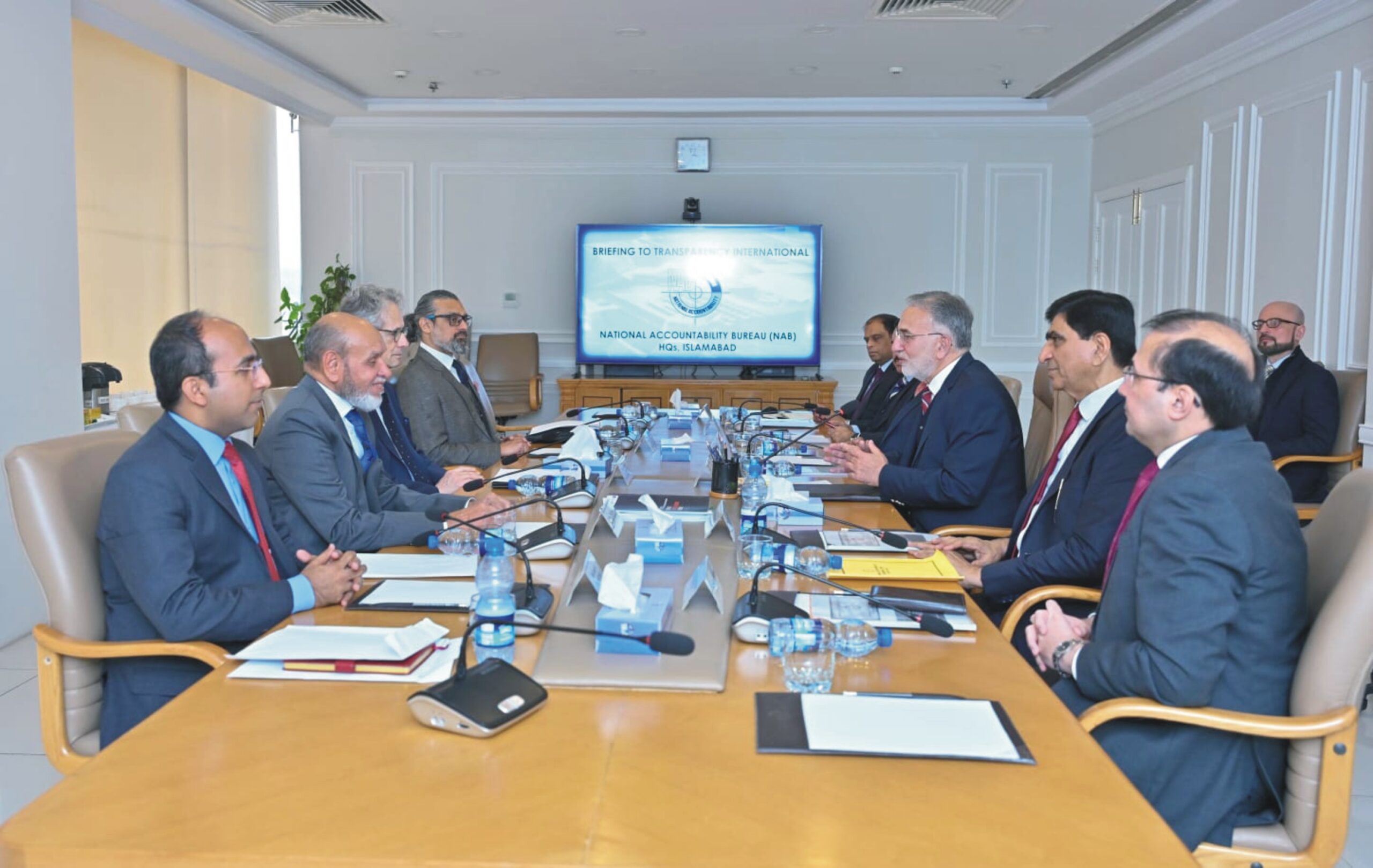Islamabad, February 10, 2021: 2020 has changed our relationship with money and people now trust robots more than themselves to manage their finances, according to a new study by Oracle and personal finance expert Farnoosh Torabi.
The study of more than 9,000 consumers and business leaders in 14 countries found that the COVID-19 pandemic has increased financial anxiety, sadness, and fear among people around the world and has changed who and what we trust to manage our finances. In addition, people are rethinking the role and focus of corporate finance teams and personal financial advisors, according to the research.
COVID-19 has created financial anxiety, sadness, and fear
The global pandemic has damaged people’s relationship with money at home and at work.
- Among business leaders, financial anxiety and stress increased by 186 percent and sadness grew by 116 percent; consumer financial anxiety and stress doubled and sadness increased by 70 percent.
- 90 percent of business leaders worry about the impact of COVID-19 on their organization, with the most common concerns centering on a slow economic recovery or recession (51 percent); budget cuts (38 percent); and bankruptcy (27 percent).
- 87 percent of consumers are experiencing financial fears, including job loss (39 percent); losing savings (38 percent); and never getting out of debt (26 percent).
- These concerns are keeping people up at night: 41 percent of consumers reported losing sleep due to their personal finances.
People see robots as a better way to manage finances
The financial uncertainty created by COVID-19 has changed who and what we trust to manage our finances. To help navigate financial complexity, consumers and business leaders increasingly trust technology over people to help.
- 67 percent of consumers and business leaders trust a robot more than a human to manage finances.
- 73 percent of business leaders trust a robot more than themselves to manage finances; 77 percent trust robots over their own finance teams.
- 89 percent of business leaders believe that robots can improve their work by detecting fraud (34 percent); creating invoices (25 percent); and conducting cost/benefit analysis (23 percent).
- 53 percent of consumers trust a robot more than themselves to manage finances; 63 percent trust robots over personal financial advisors.
- 66 percent of consumers believe robots can help detect fraud (33 percent); reduce spending (22 percent); and make stock market investments (15 percent).
The role of finance teams and financial advisors will never be the same
To adapt to the growing influence and role of technology, corporate finance professionals and personal finance advisors alike must embrace change and develop new skills.
- 56 percent of business leaders believe robots will replace corporate finance professionals in the next five years.
- 85 percent of business leaders want help from robots for finance tasks, including finance approvals (43 percent); budgeting and forecasting (39 percent); reporting (38 percent); and compliance and risk management (38 percent).
- Business leaders want corporate finance professionals to focus on communicating with customers (40 percent); negotiating discounts (37 percent); and approving transactions (31 percent).
- 42 percent of consumers believe robots will replace personal financial advisors in the next five years.
- 76 percent of consumers want robots to help manage their finances by freeing up time (33 percent); reducing unnecessary spending (31 percent); and increasing on-time payments (25 percent).
- Consumers want personal financial advisors to provide guidance on major purchasing decisions such as buying a house (45 percent); buying a car (41 percent); and planning for retirement (38 percent).
Our relationship with money has changed, it’s time to embrace AI to manage finance
The events of 2020 have changed the way consumers think about money and have increased the need for organizations to rethink how they use AI and other new technologies to manage financial processes.
- 60 percent of consumers say the pandemic has changed the way they buy goods and services.
- 72 percent of consumers say the events of 2020 have changed how they feel about handling cash, with people feeling anxious (26 percent); fearful (23 percent); and dirty (19 percent). More than a quarter (29 percent) of consumers now say that cash-only is a deal-breaker for doing business.
- Businesses have been quick to respond as 69 percent of business leaders have invested in digital payment capabilities and 64 percent have created new forms of customer engagement or changed their business models in response to COVID-19.
- 51 percent of organizations are already using AI to manage financial processes, compared with 27 percent of consumers.
- 87 percent of business leaders say organizations that don’t rethink financial processes face risks, including falling behind competitors (44 percent); more stressed workers (36 percent); inaccurate reporting (36 percent); and reduced employee productivity (35 percent).
Supporting Quotes
“Managing finances is tough at the best of times, and the financial uncertainty of the global pandemic has exacerbated financial challenges at home and at work,” said Farnoosh Torabi, personal finance expert and host of the So Money podcast. “Robots are well-positioned to assist—they are great with numbers and don’t have the same emotional connection with money. This doesn’t mean finance professionals are going away or being replaced entirely, but the research suggests they should focus on developing additional soft skills as their role evolves.”
“Financial processes in our personal and professional worlds have become increasingly digital for many years and the events of 2020 have accelerated that trend,” said Juergen Lindner, senior vice president, global marketing, Oracle. “Digital is the new normal and technologies such as artificial intelligence and chatbots play a vital role in managing finance. Our research indicates that consumers trust these technologies to accelerate their financial well-being over personal financial advisors and business leaders see this trend reshaping the role of corporate finance professionals. Organizations that don’t embrace these changes risk falling behind their peers and competitors; hurting employee productivity, morale and well-being; and struggling to attract the next generation of AI-empowered finance talent.”







